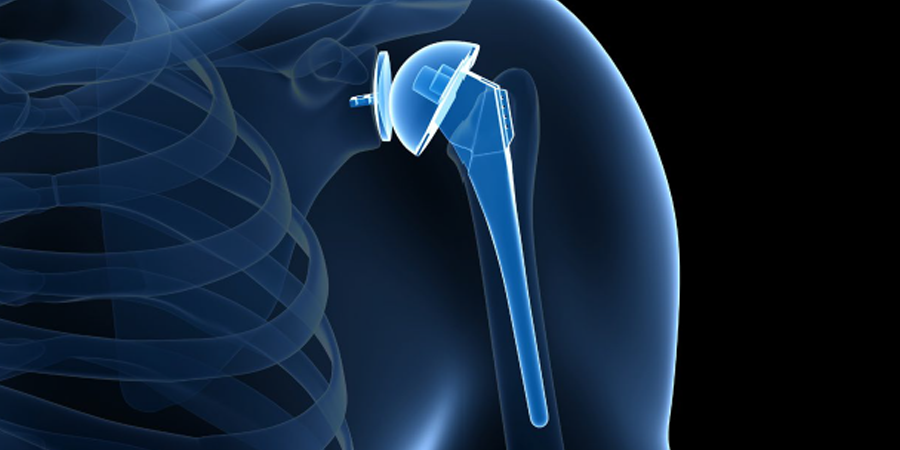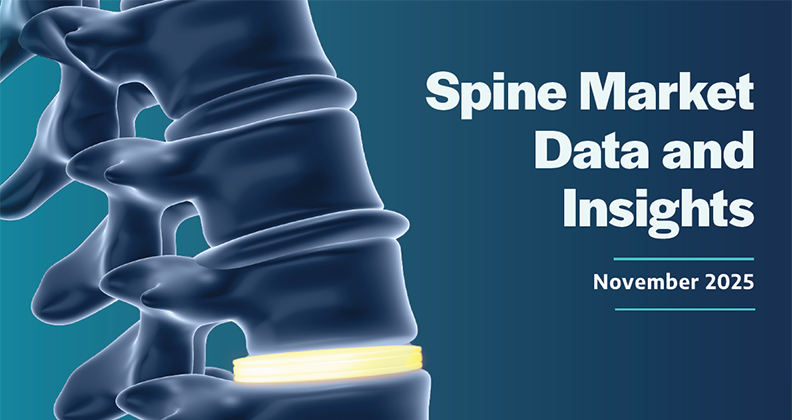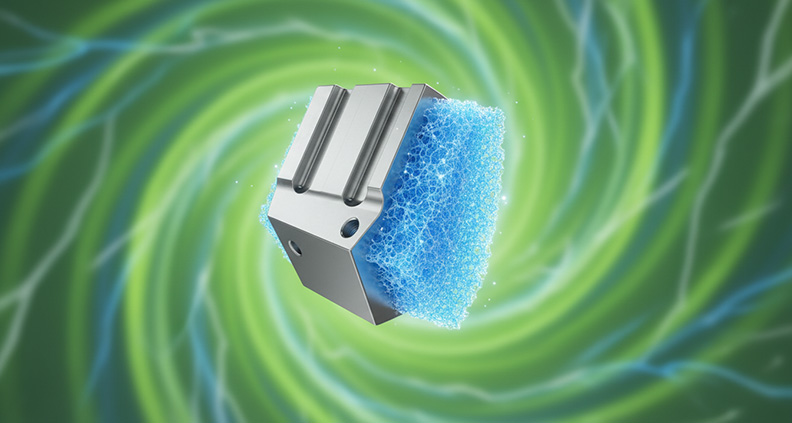
The vast majority of cobalt-based orthopedic implants worldwide have been manufactured using castings of ASTM F75 alloy. In many instances, castings provided desirable processing flexibility and lower initial costs. However, distinct limitations were associated with castings, such as coarse grain size, non-uniform microstructural segregation, and lower tensile and fatigue strength. These drawbacks can be overcome by manufacturing cobalt-based implants from cobalt-chromium-molybdenum wrought bar stock.
Of the three wrought Co-28Cr-6Mo (BioDur CCM) alloys covered under ASTM F1537 and used for orthopedic medical implants, the lowest-carbon (0.14% max) Alloy 1 (UNS R31537) has been utilized most frequently. This alloy is traditionally manufactured by conventional cast/wrought processing, but can also be manufactured using powder metallurgy (PM) processing.
Studies to characterize the differences in bar stock made by each of the two manufacturing methods revealed distinct advantages for the PM process, including higher strength, improved fatigue resistance, and enhanced microstructural characteristics at both room and elevated temperatures. Data collected confirmed that both methods of manufacturing wrought feedstock are superior to casting.
*We respect your privacy. By completing this form, you are choosing to provide us with personal information which we will share with the sponsoring company. Under no circumstance will we lease, sell or share your information with any other person or entity.




